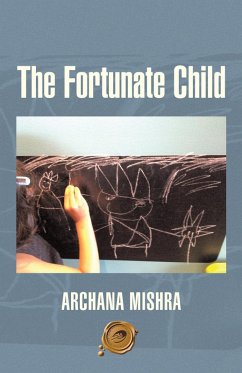I ALWAYS WANTED TO DO SOMETHING FOR OTHERS. But did I? I attempted to hold higher moral grounds, about everything - helping those in need, not judging others based on class, caste, religion, beliefs or values - were just some of them. Lofty ideals only and no action to speak of. With so many issues, small or big, social or moral, which one do I really believe in enough to champion? What has made a difference for me, and would make an impact for others? I juggled with these questions often, but remained a latte sipping intellectual discussing the issues affecting our world. It was getting quite apparent that I just complained about those problems and, each time, added more empty words and skepticism. One day, when I was in the world bashing mood for every problem in our society, my husband pointed out that I probably don't even know what I stand for. He asked me to check if there was anything I truly believed in enough to do something about. I paused, and it didnt take me long to figure it out. I was born in India, and belong to the generation that had seen the shift from the joint to nuclear family structure, as people moved from their rural base to urban centers for jobs. Girls in joint rural families were not encouraged to go outside of the confines of their family compounds, but things changed when they started moving to cities with their husbands. Those women not only began to get an education, but also ensured their next generation had even better opportunities. Quite expectedly, nothing short of revolution took place and continues to strengthen India. Most well-to-do, middle-class (and upwards) Indian households have housekeepers. They are, more often than not, young children from poor, uneducated families who serve in the homes where childrens education is a top priority. These housekeepers, just like the women in rural set up, seldom have the opportunity for education and not much has changed for them. So, I started writing my thoughts and observations which took the shape of a book that I called, 'The Fortunate Child'. The premise is that every child that gets the opportunity for education is a fortunate one. In this work of fiction, I have attempted to use a simple storyline to explore how people find courage to do what they champion. Its main characters believe that education has the power to address a majority of issues in the world today. Writing this book has given me the opportunity to progress from believing in this cause, and doing something about it. A baby step for sure, but a right one I hope. The Fortunate Child is a story of a girl who found the inspiration and courage to champion education for all. She dreams of educating others, but gets distracted by superficial social norms and her own selfish limitations until facing a tragedy that calls her to act. This book explores her journey of treading the complex world of prejudice, unfairness, inspiration, and justice.
Dieser Download kann aus rechtlichen Gründen nur mit Rechnungsadresse in A, D ausgeliefert werden.


